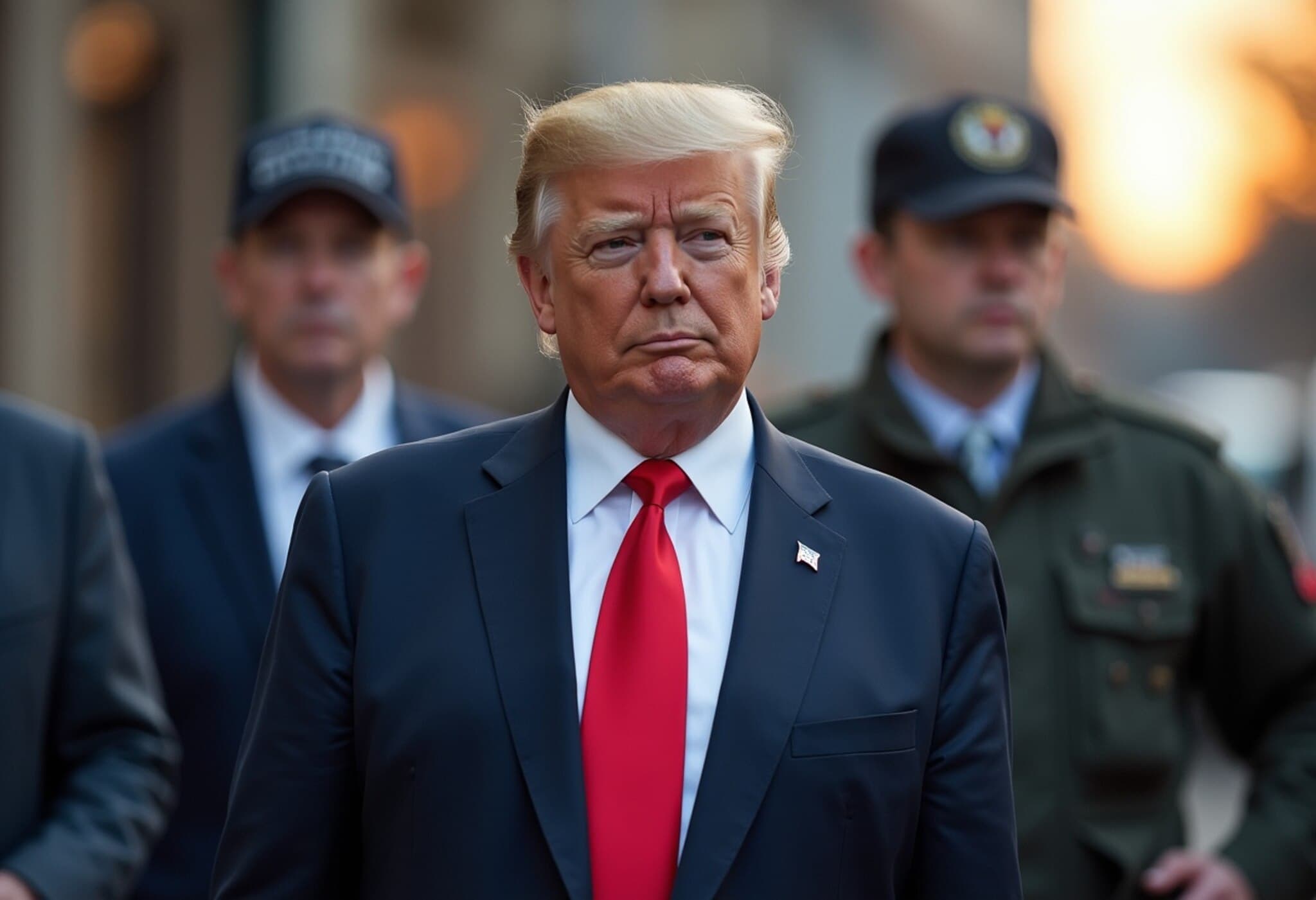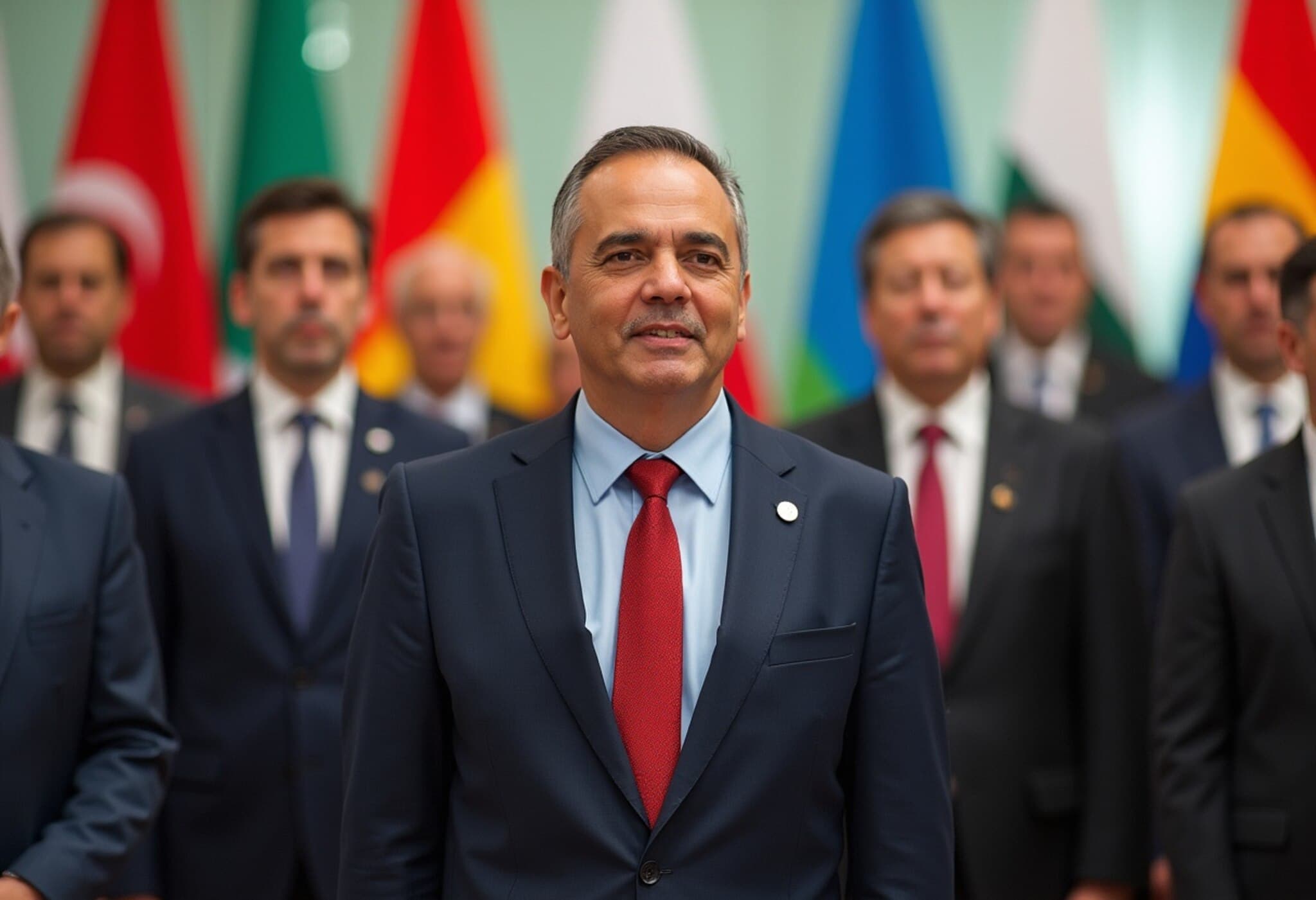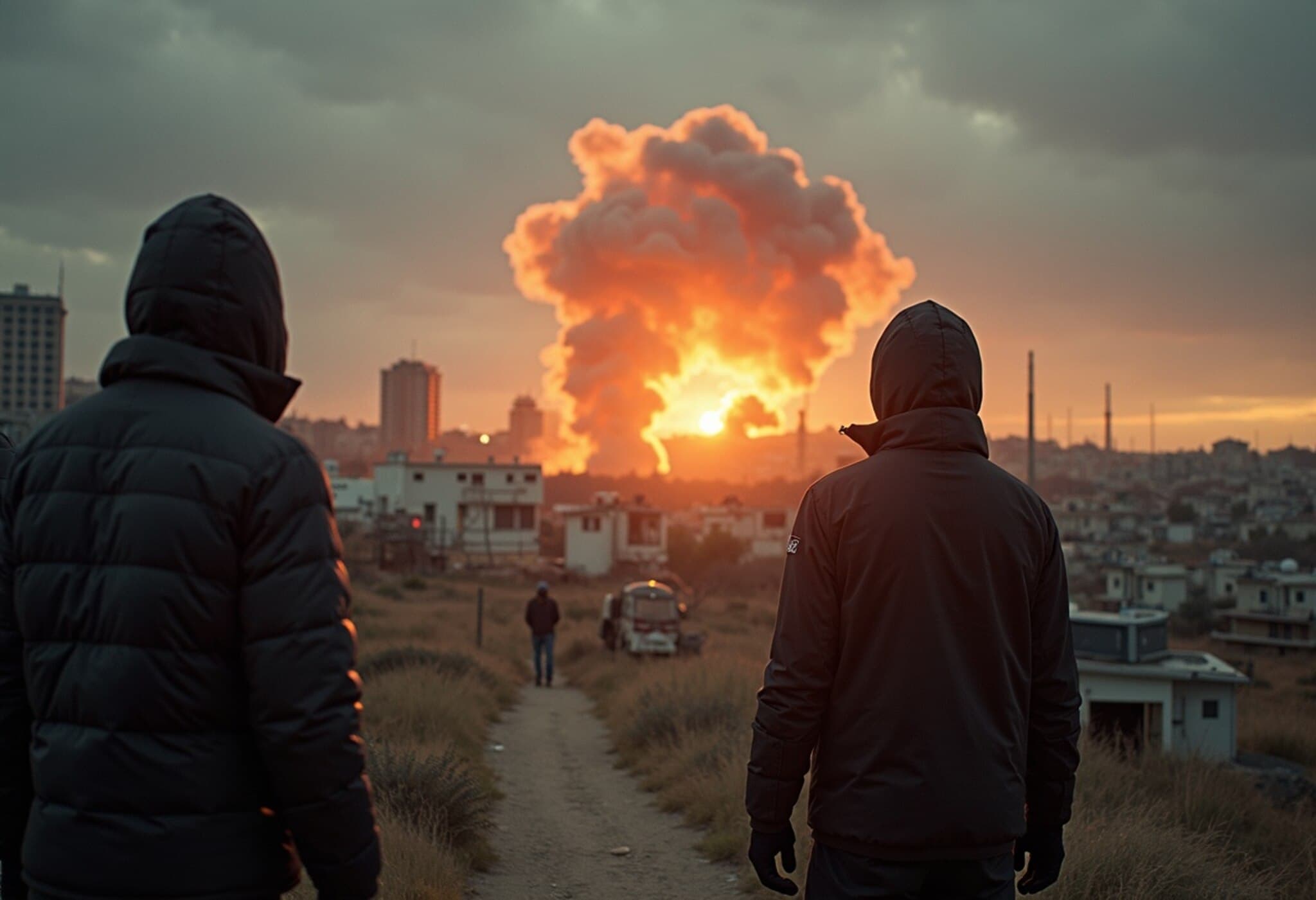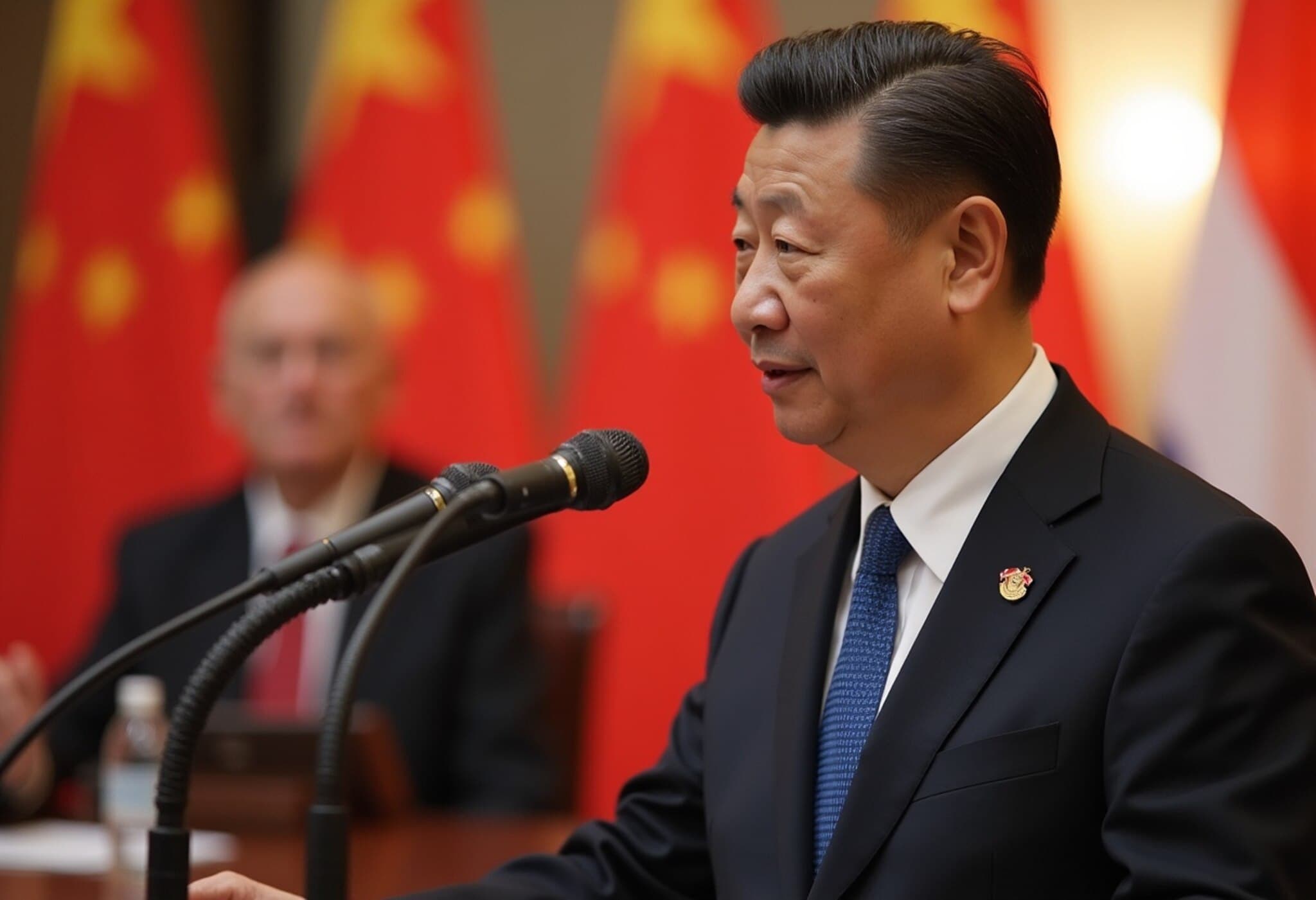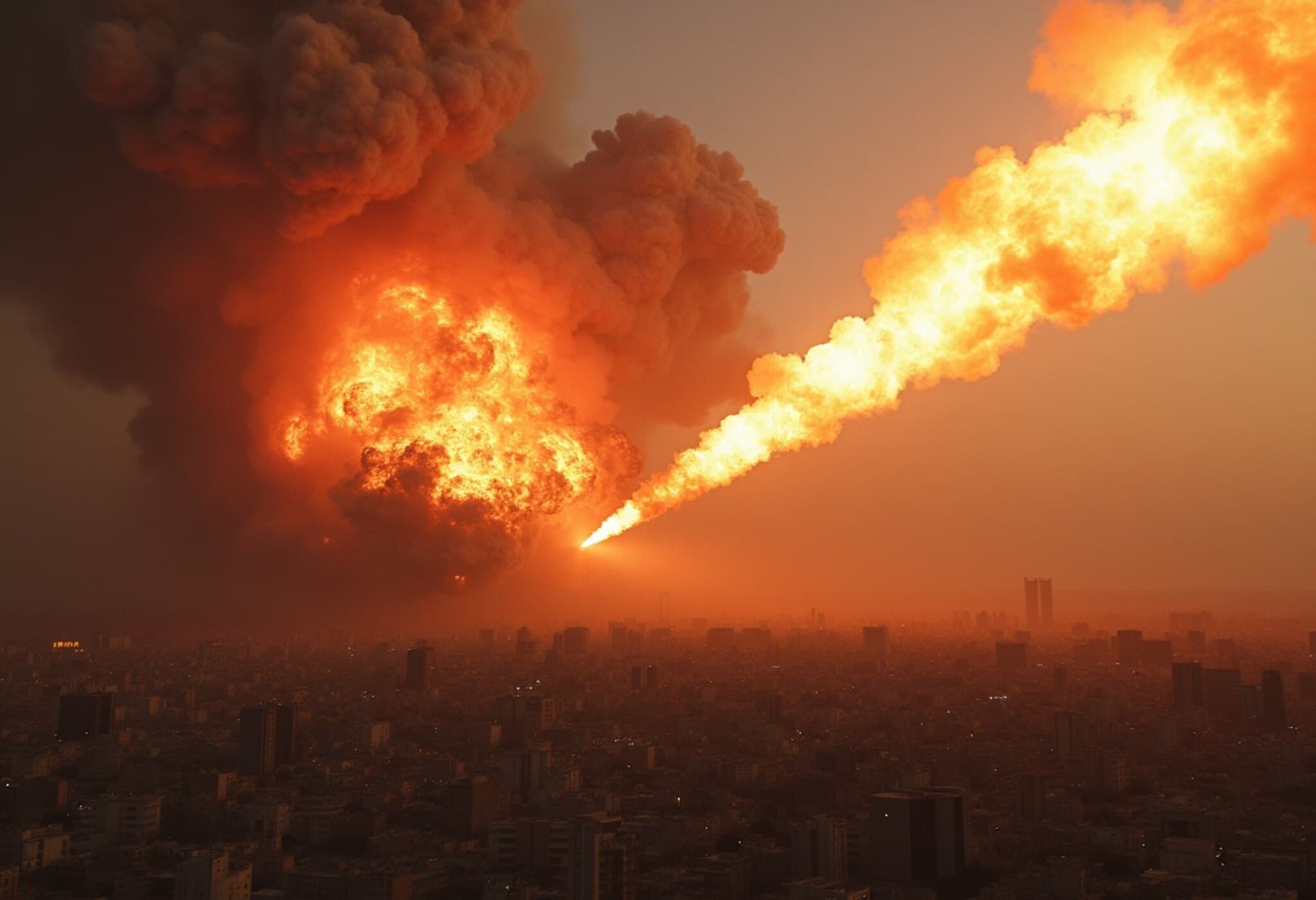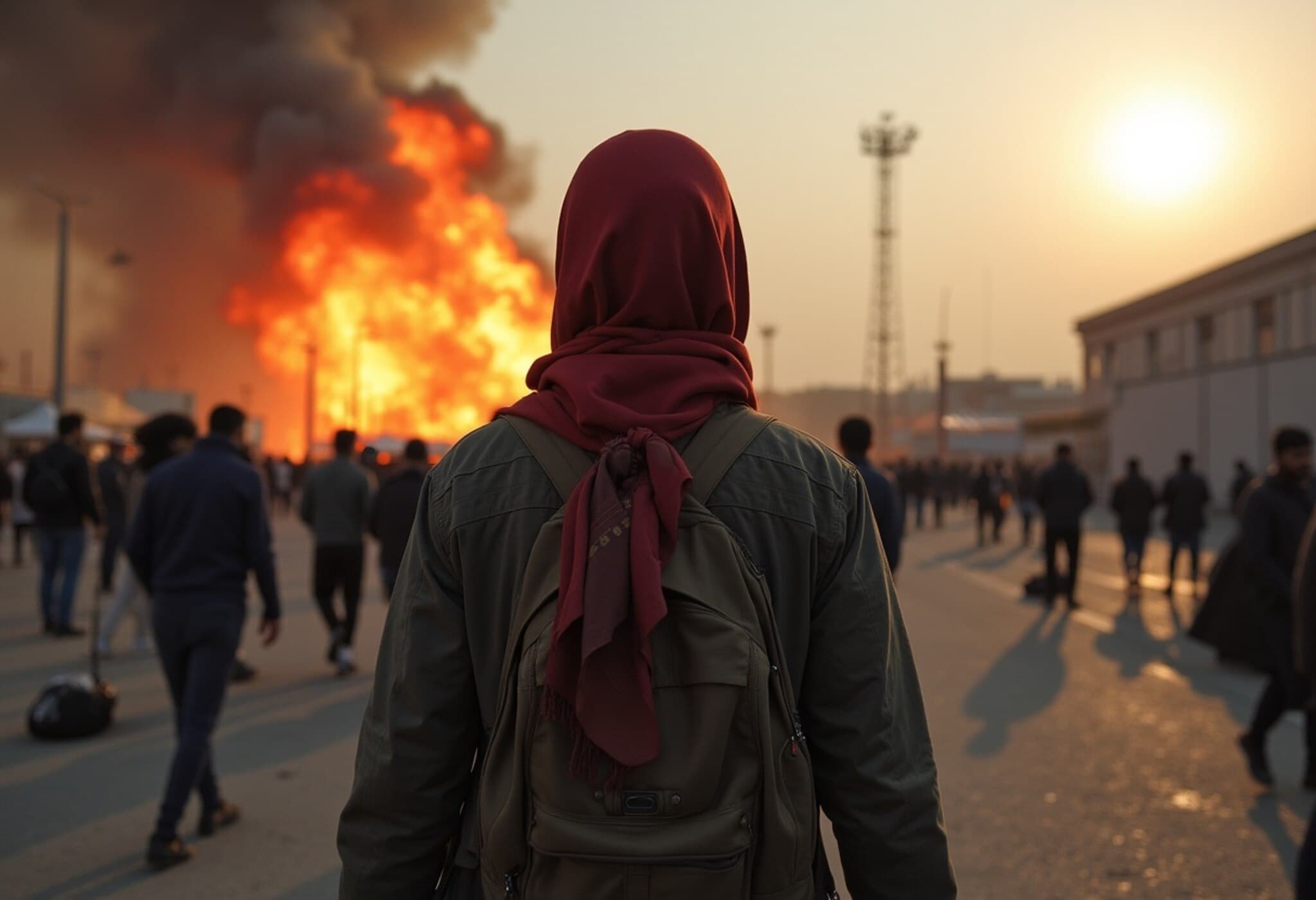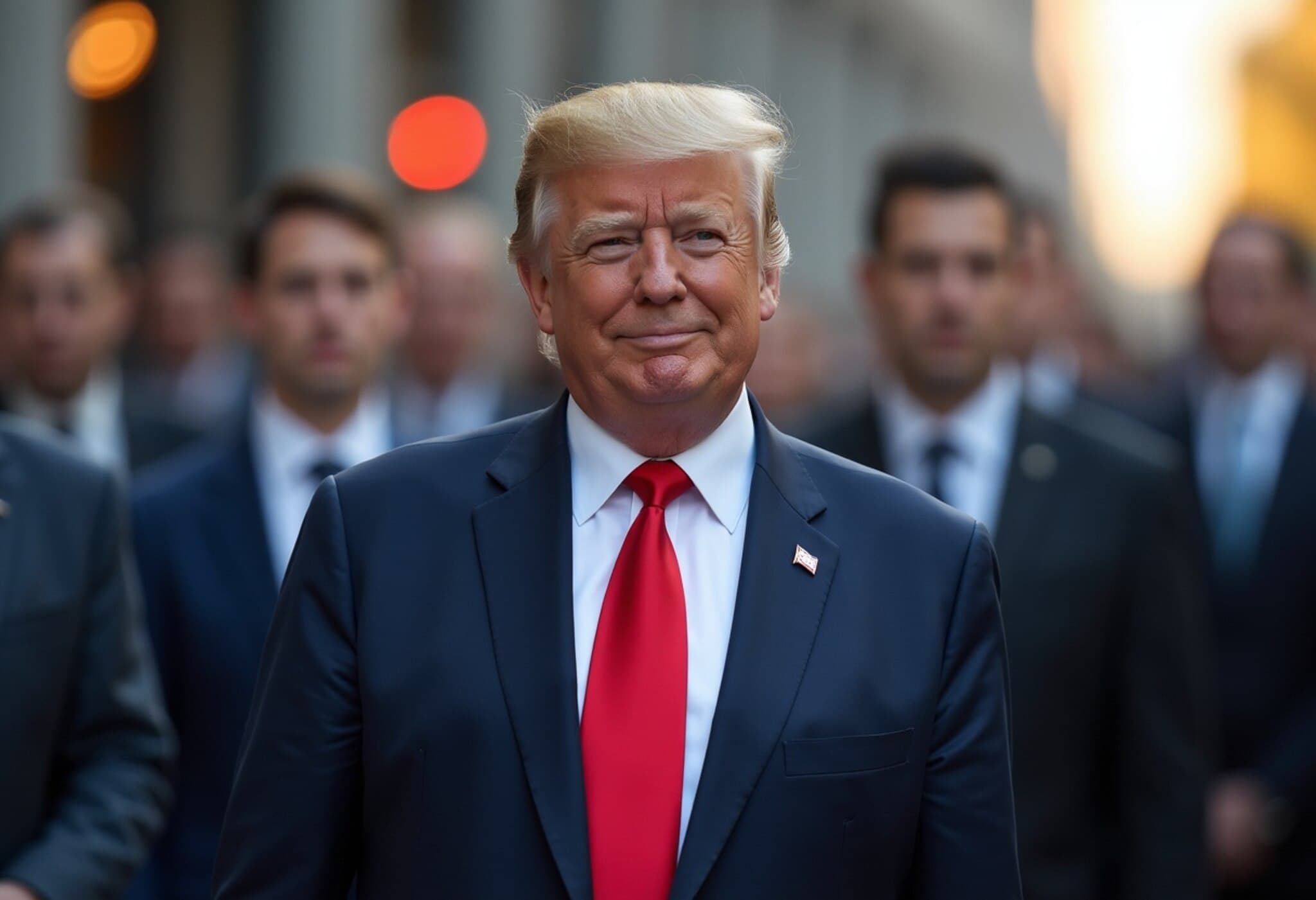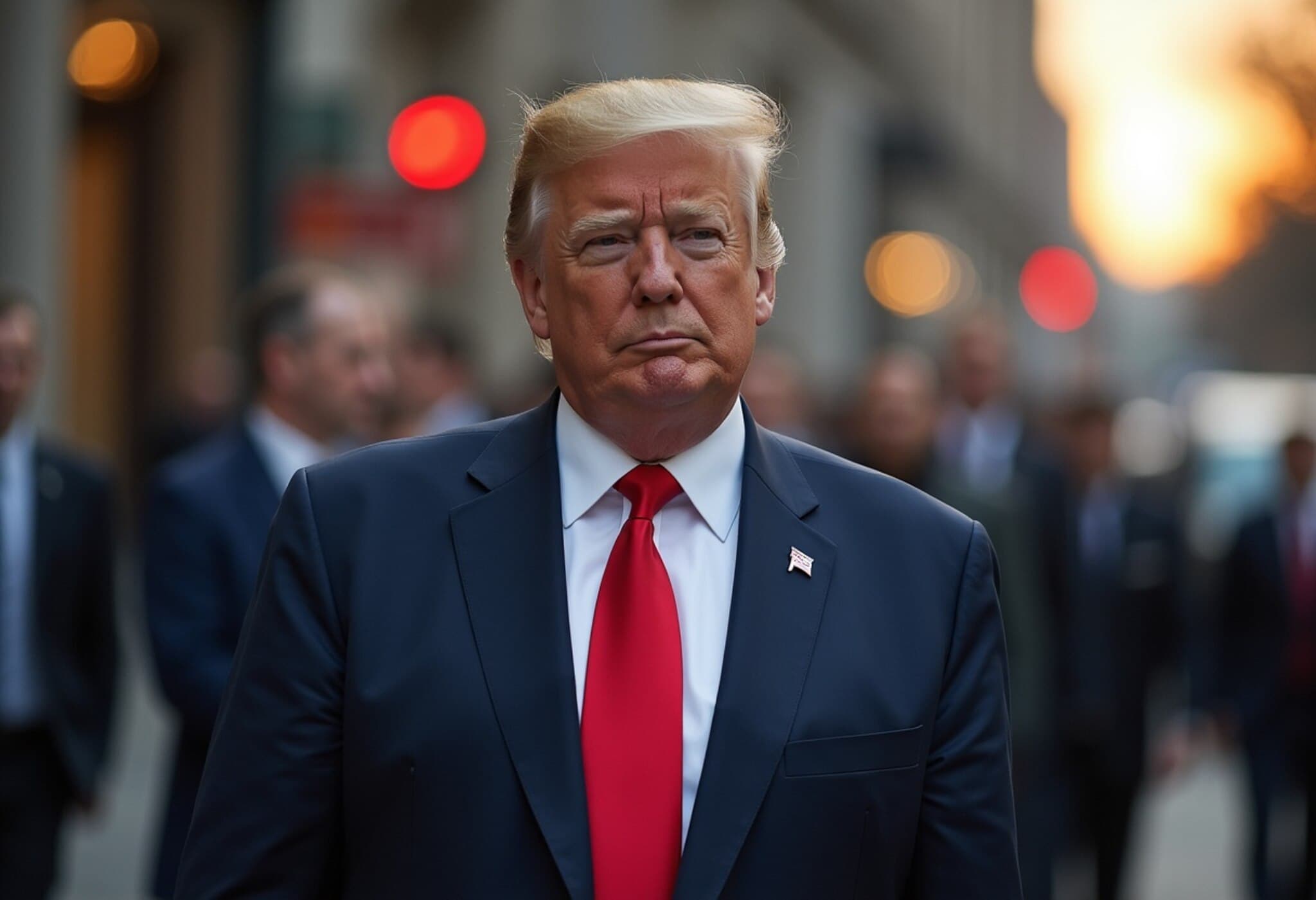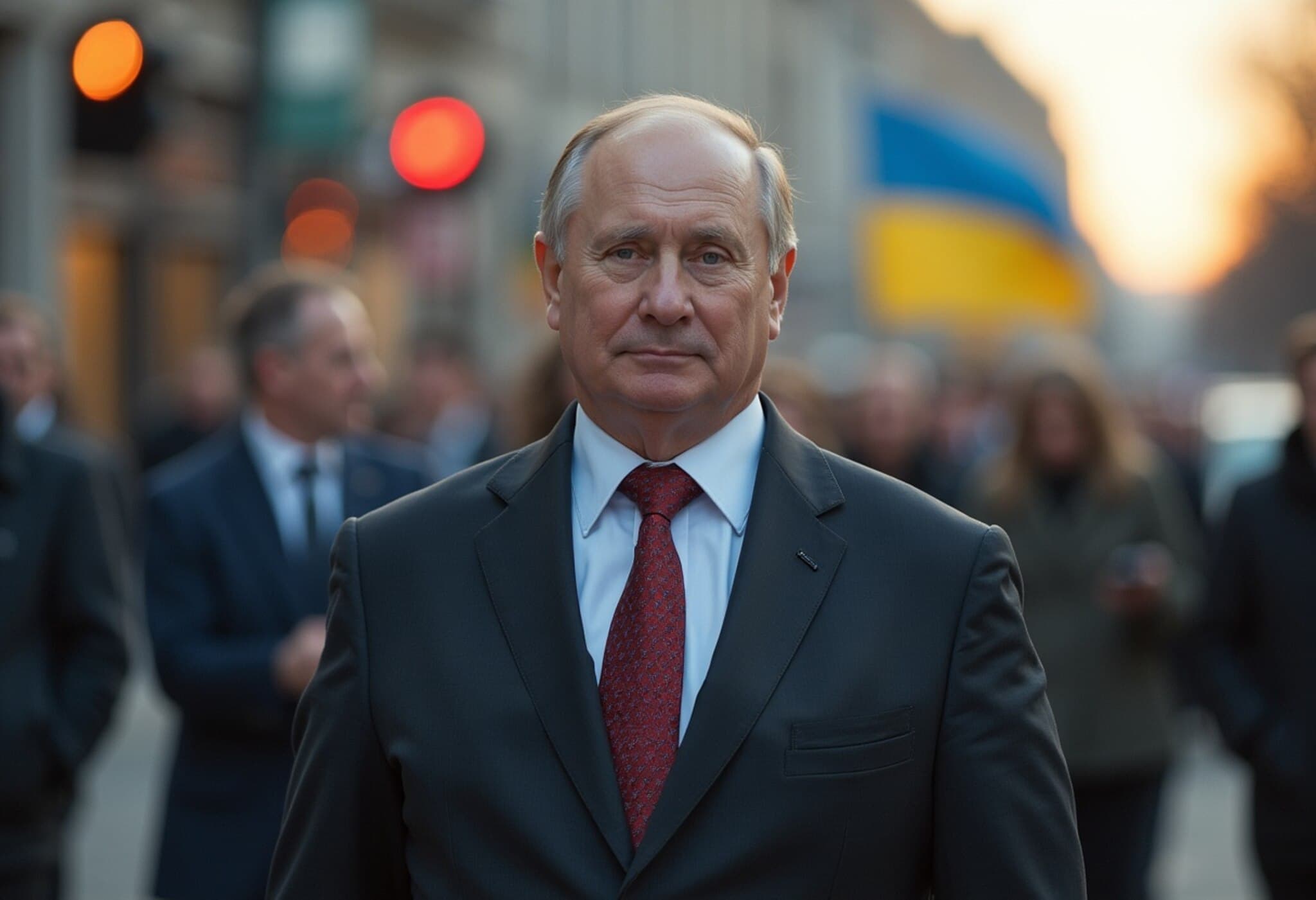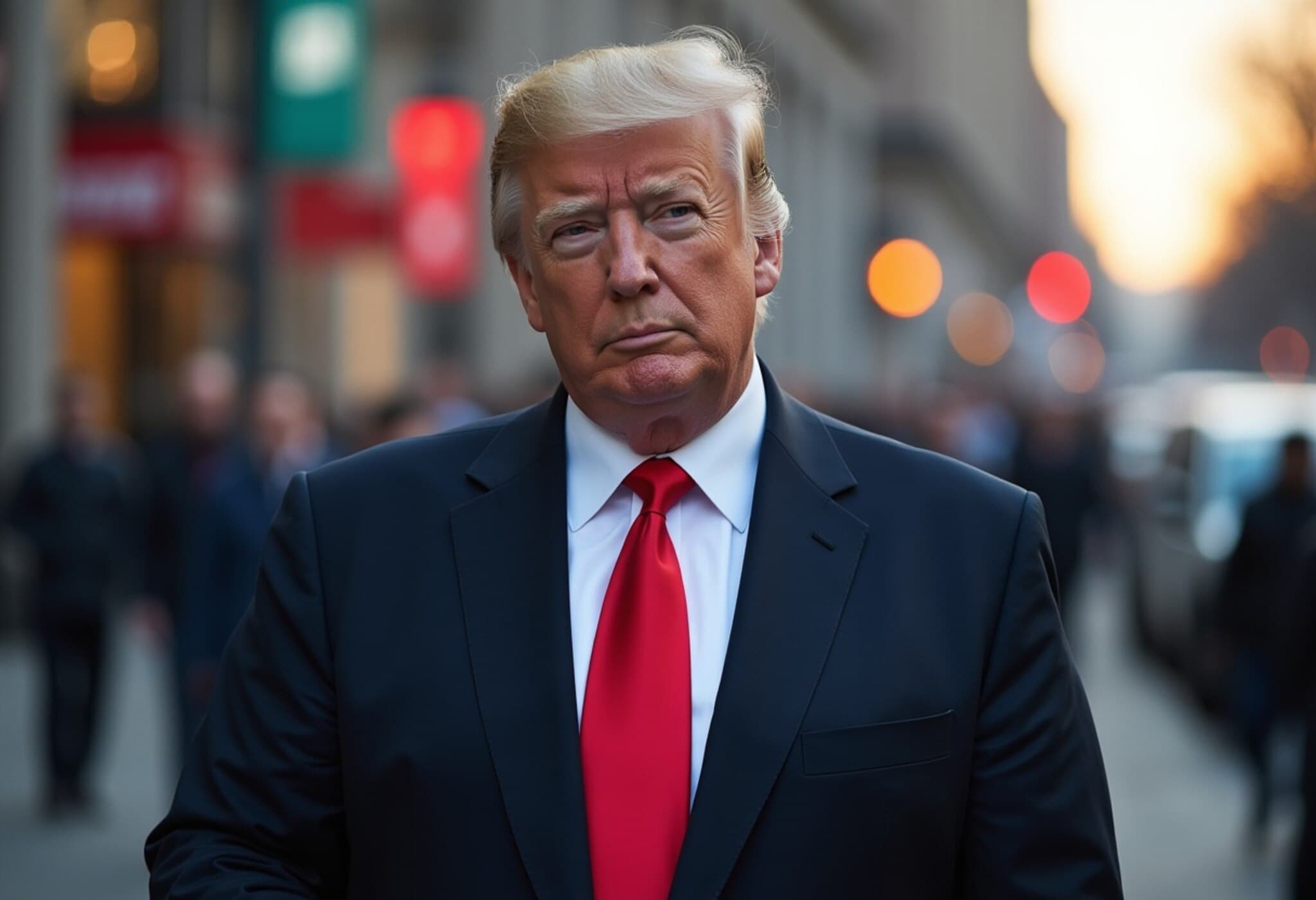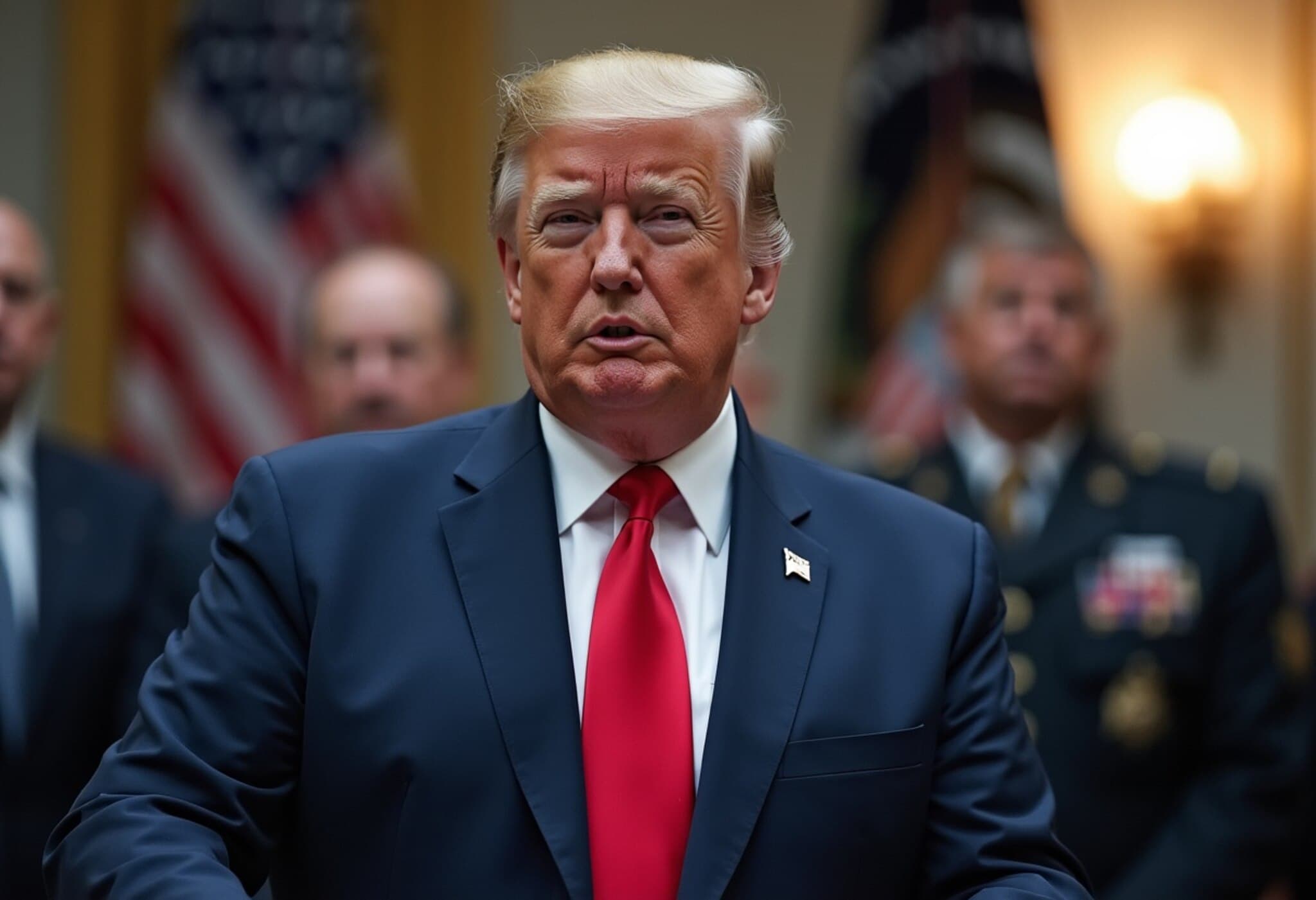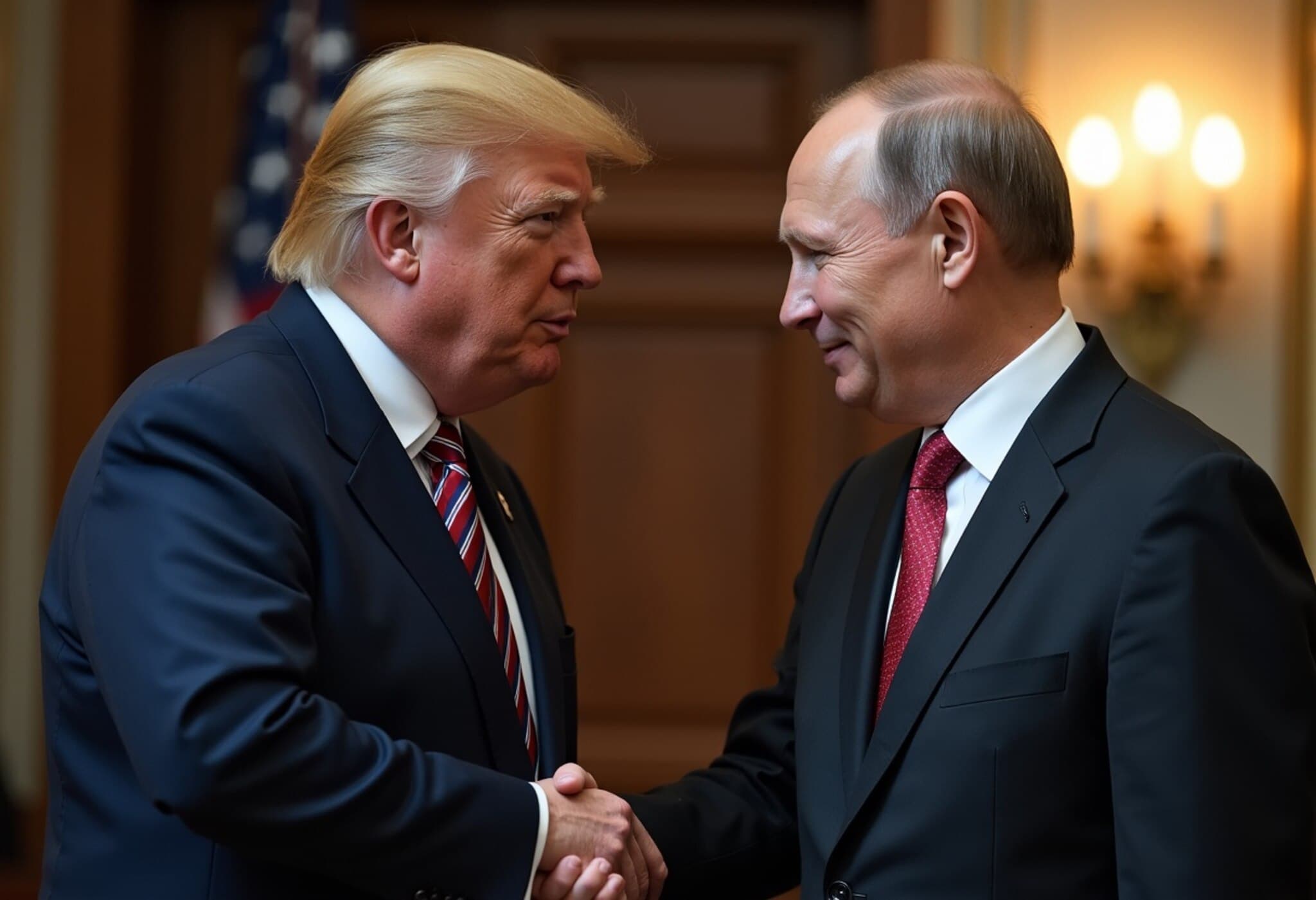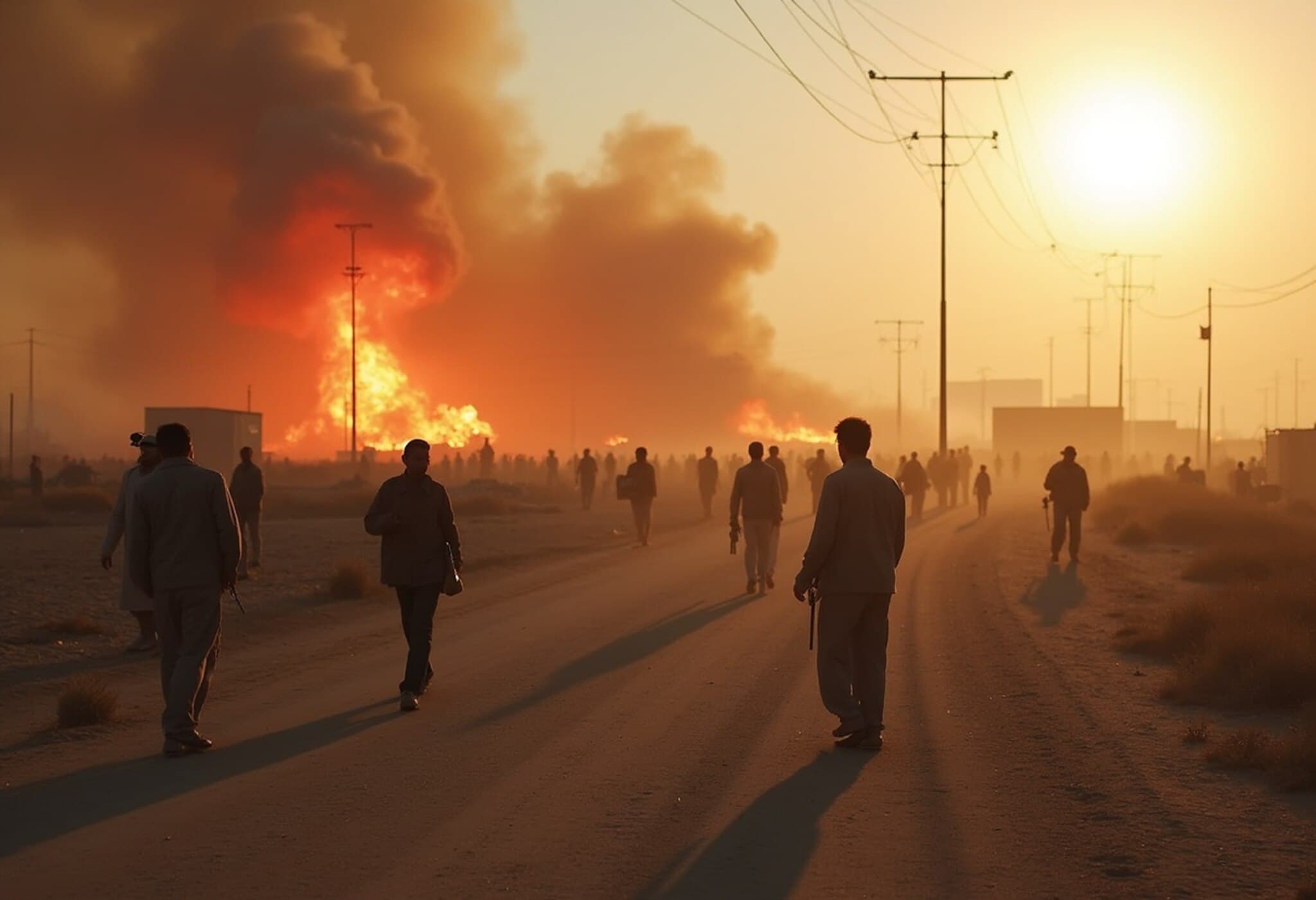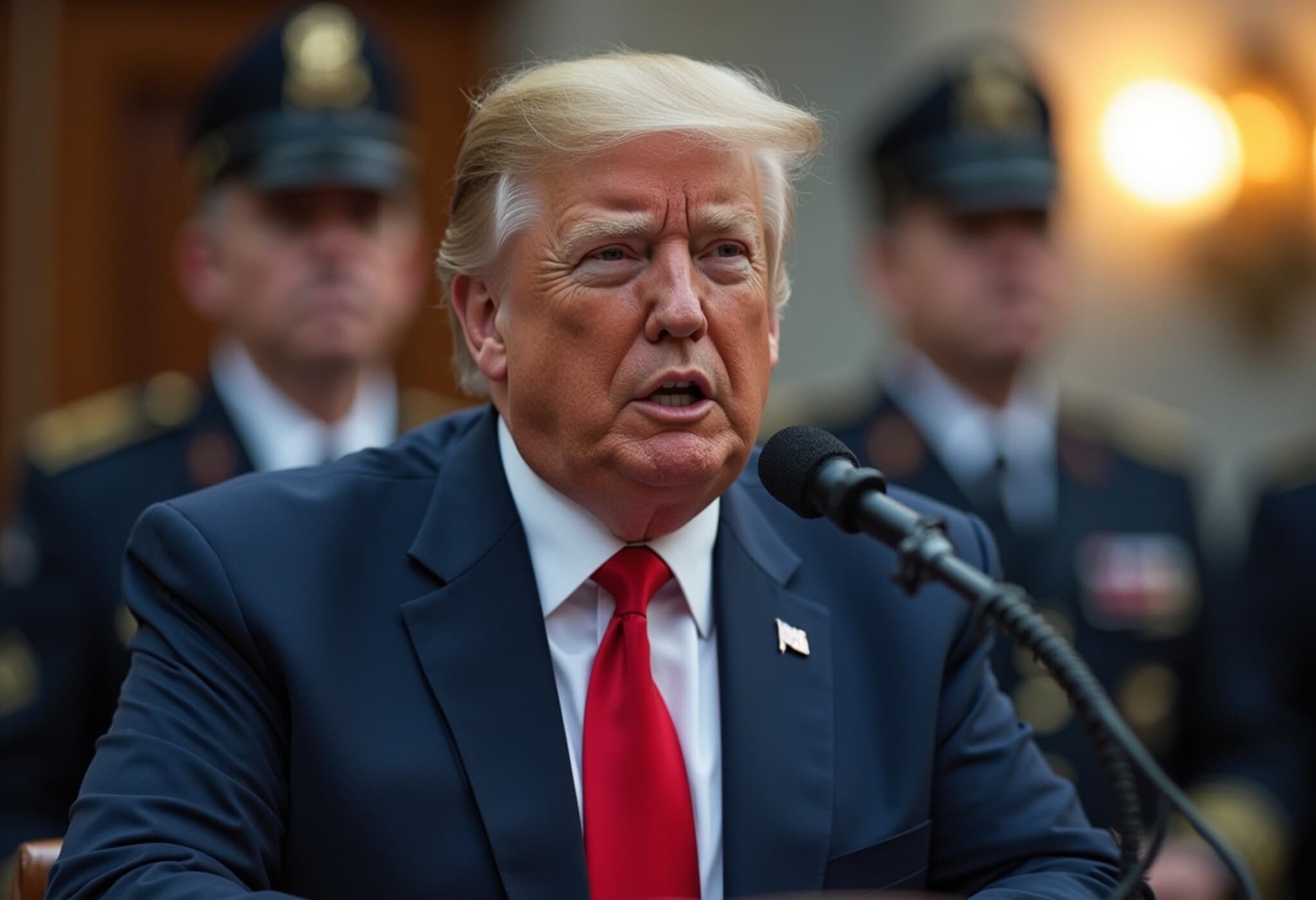Russia Vows Resilience Amid Trump’s Sanctions Threat and Peace Deadline
In a bold diplomatic exchange that underscores the fraught landscape of the ongoing Ukraine conflict, Russia has responded with resolute confidence to US President Donald Trump's recent ultimatum. Issued on July 14, 2025, the ultimatum demands a peace accord between Russia and Ukraine within 50 days, threatening fresh sanctions should talks fail. Moscow, while cautious, signaled it can endure any additional punitive measures, setting the stage for a complex geopolitical standoff.
Understanding the Ultimatum and Moscow’s Response
Speaking at the 25th Shanghai Cooperation Organization meeting in Tianjin, Russian Foreign Minister Sergei Lavrov declared unequivocally that Russia would “cope with any new sanctions” imposed by the United States and its allies. This statement came shortly after President Trump outlined his 50-day deadline for progress on a Ukraine peace deal—a timeline many experts view as tight given the intricacies of the conflict and diplomatic history.
The Kremlin also emphasized the significance of Trump’s ultimatum. Kremlin spokesman Dmitry Peskov remarked, “President Trump’s statement is very serious. We need time to analyze the proposals coming out of Washington.” Despite previous talks in Turkey that stalled, Russia remains open to further negotiation, with Peskov noting Moscow’s willingness to “await proposals from the Ukrainian side regarding a third round of direct peace talks.”
The Stalemate in Peace Negotiations
The tug of war over Ukraine has now stretched into its fourth year, with diplomatic efforts repeatedly hampered by mutual distrust and hardened demands. Both sides accuse each other's delegations of lacking the authority or willingness to make meaningful concessions. Ukraine, in particular, has classified talks with the current Russian delegation as “pointless,” citing unacceptable terms and the delegation's inability to guarantee peace.
Meanwhile, Russian President Vladimir Putin has consistently dismissed ceasefire propositions, while Russian military operations have intensified, marked by an unprecedented drone and missile campaign that has killed numerous civilians. Against this backdrop, peace talks remain precarious.
Trump’s Strategy: Sanctions and NATO Support
Beyond the ultimatum, President Trump outlined a NATO-backed military assistance plan to aid Ukraine’s defense capabilities. He also threatened to impose stringent tariffs targeting Russia’s trading partners if a peace agreement is not achieved. This dual approach combines economic pressure with reinforcing Ukraine’s military posture—reflecting longstanding US policy to limit Moscow’s influence in the region.
However, Kremlin officials warn that these measures may backfire. Peskov suggested that such decisive moves from Washington and Brussels could “galvanize Kyiv to continue fighting rather than seek peace.” This raises critical questions about whether external pressure can truly foster diplomacy or instead exacerbate the conflict.
Expert Insight: The Road Ahead
From a policy perspective, the 50-day ultimatum’s success hinges on several volatile factors:
- Credibility and Authority: Both Russian and Ukrainian delegations need the political backing to make genuine concessions.
- International Mediation: The role of neutral actors, such as Turkey or other stakeholders, remains vital for brokering viable discussions.
- Sanctions Impact: While intended as leverage, expanded sanctions risk hardening Russian resolve, potentially prolonging conflict.
American analysts emphasize the delicate balance required: pushing for peace without inadvertently incentivizing continued hostilities or undermining diplomatic channels.
Looking Beyond the Headlines
This episode highlights the ongoing complexity of global conflict resolution in an era marked by geopolitical rivalries and polarized narratives. The international community faces a specter familiar from past engagements—how to apply pressure without destroying the possibility of dialogue. Trump’s ultimatum is a reminder that timelines imposed from outside the conflict carry both urgency and risk.
Editor’s Note
As the 50-day deadline ticks on, key questions remain unanswered: Can Moscow and Kyiv overcome entrenched positions to find common ground? Will enhanced sanctions serve as leverage or merely deepen wounds? And crucially, how might the US and NATO recalibrate their influence to catalyze meaningful peace talks without fueling further escalation? Our coverage will continue to track these dynamics, offering in-depth analysis as this pivotal moment unfolds.

